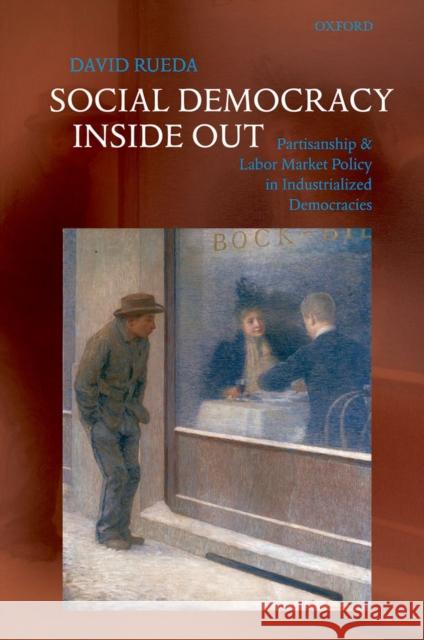Social Democracy Inside Out: Partisanship and Labor Market Policy in Advanced Industrialized Democracies » książka
Social Democracy Inside Out: Partisanship and Labor Market Policy in Advanced Industrialized Democracies
ISBN-13: 9780199216352 / Angielski / Twarda / 2008 / 264 str.
Social Democracy Inside Out: Partisanship and Labor Market Policy in Advanced Industrialized Democracies
ISBN-13: 9780199216352 / Angielski / Twarda / 2008 / 264 str.
(netto: 500,10 VAT: 5%)
Najniższa cena z 30 dni: 511,19
ok. 16-18 dni roboczych.
Darmowa dostawa!
The analysis in this book disputes entrenched interpretations of the comparative political economy of industrialized democracies. It questions, in particular, the widely-held assumption that social democratic governments will defend the interests of labor. The evidence shows that labor has become split into two clearly differentiated constituencies: those with secure employment (insiders) and those without (outsiders). The book focuses on three policy areas: employment protection (representing the main concern of insiders), and active and passive labor market policies (the main concern of outsiders). The main thrust of the argument is that the goals of social democratic parties are often best served by pursuing policies that benefit only insiders. The implication of the book's insider-outsider model is that social democratic government is associated with higher levels of employment protection legislation but not with labor market policy. The book also argues that there are factors can reduce insider-outsider differences and weaken their influence on social democratic governments. These hypotheses are explored through the triangulation of different methodologies. The book provides an analysis of surveys and macrodata, and a detailed comparison of three case-studies: Spain, the UK and the Netherlands. Its reinterpretation of the challenges facing social democracy will represent a significant contribution to the comparative politics and political economy literatures.











